Five bids received for green freeports in Scotland
- Published
- comments
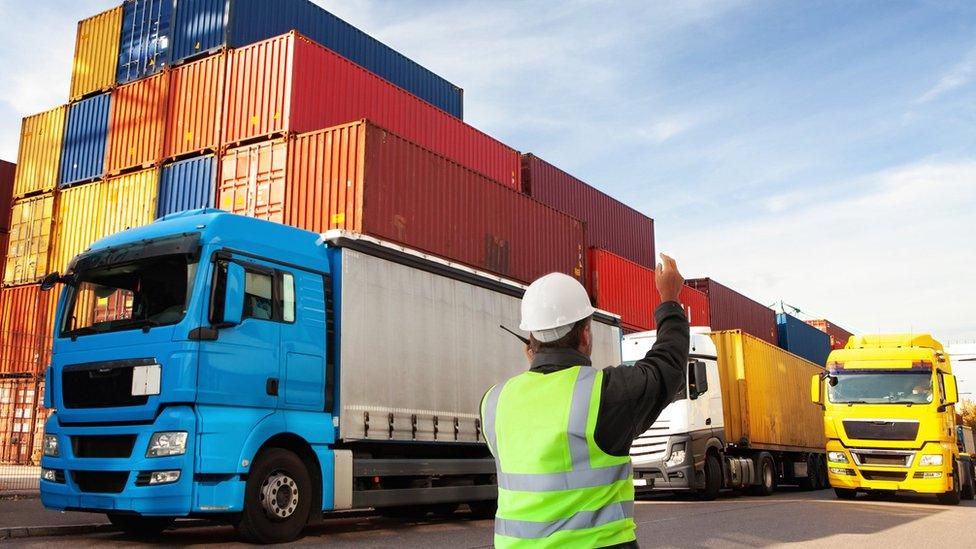
Five bids have been submitted to create green freeports in Scotland.
Ministers want to create two special economic zones north of the border, under a scheme agreed by the Scottish and UK governments.
The successful bidders will be able to offer tax incentives and lower tariffs for areas around airports, seaports and rail terminals.
The bids received by Monday's deadline came from groups representing various regions.
They are: Clyde Green Freeport, Aberdeen City and Peterhead Green Freeport, Opportunity Inverness and Cromarty Firth, Firth of Forth Green Freeport and Orkney Green Freeport.
The bidders must set out how they will regenerate their area, create high-quality jobs and support transition to a net-zero economy.
Ministers from both the Scottish and UK governments will have a say in the assessment and selection process.
'Rigorous process'
Holyrood Finance Secretary Kate Forbes said: "We expect green freeports to promote regeneration in the areas selected, create high quality jobs and enhance our decarbonisation plans in the just transition to a net zero economy.
"We will now jointly assess and decide on the winning bids, following the rigorous process set out in the agreed joint prospectus in which each government has an equal say.
"Further details of the successful applicants will be set out in the coming months."
The UK government's Scottish Secretary Alister Jack said: "UK freeports are a key part of the UK government's Levelling Up strategy - they will bring innovation, high-quality jobs, prosperity and regeneration for the benefit of the whole of Scotland."

What are freeports?
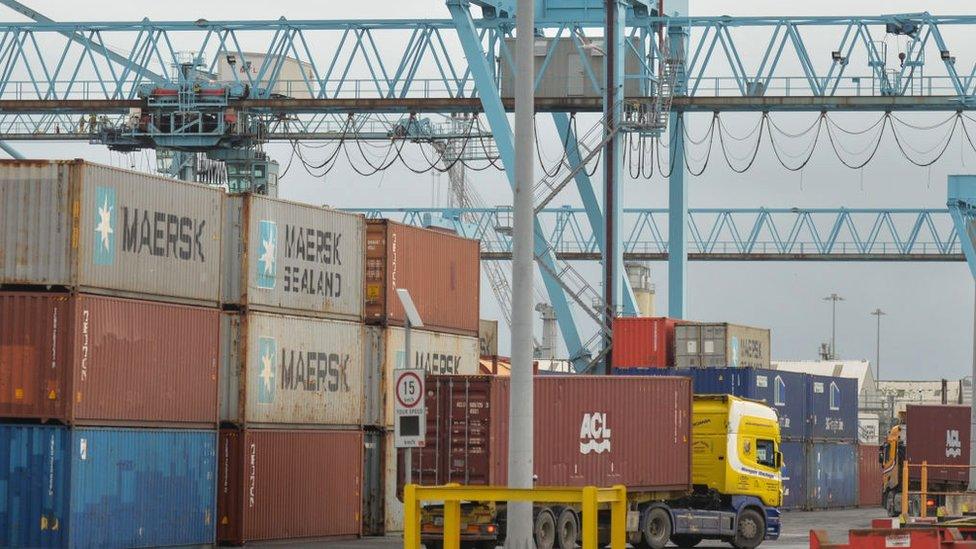
Also called free trade zones, they are designated areas where the normal tax and tariff rules of the country in which they are based do not apply.
They allow goods to be imported, manufactured and re-exported without being subject to checks, paperwork, or import taxes, known as tariffs.
This means raw materials can be imported, then engineered into whole products for export.
Typically, companies operating in the zone pay lower taxes, such as reduced VAT and lower rates of employment tax.
Critics argue they simply defer the point when import tariffs are paid, which then still need to be paid at some stage.

The UK government has committed funding of £52m to the project and bidders will have to pledge to reach net zero by 2045.
The Scottish government has said that all green freeport applicants would have to stick to their commitments to net-zero targets and fair work.
The governments were previously unable to agree plans to establish freeports north of the border, after a number of sites were announced for England.
Scottish ministers later said they would pursue an alternative "green freeport" model, with additional standards around jobs and climate targets.
The two winning bids are expected to be announced this summer.
- Published10 June 2022
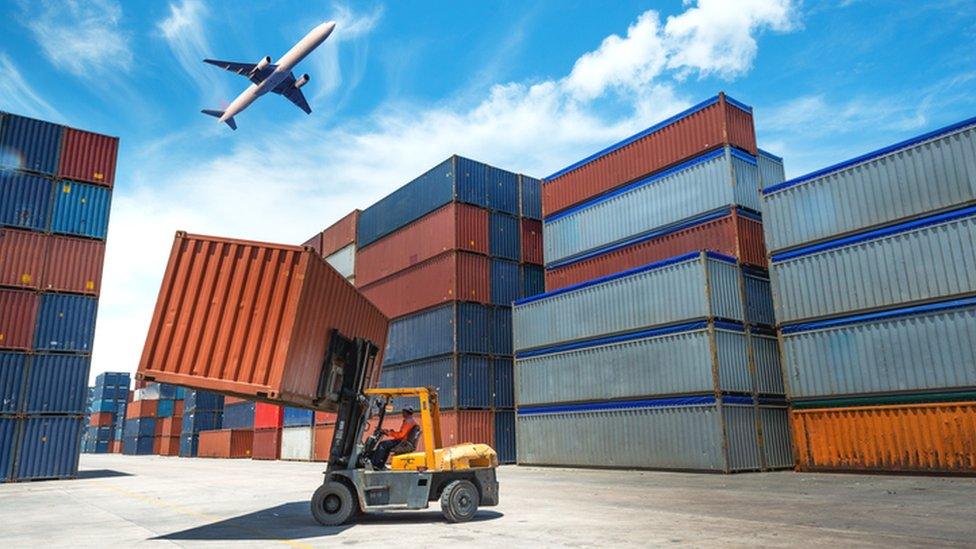
- Published14 February 2022
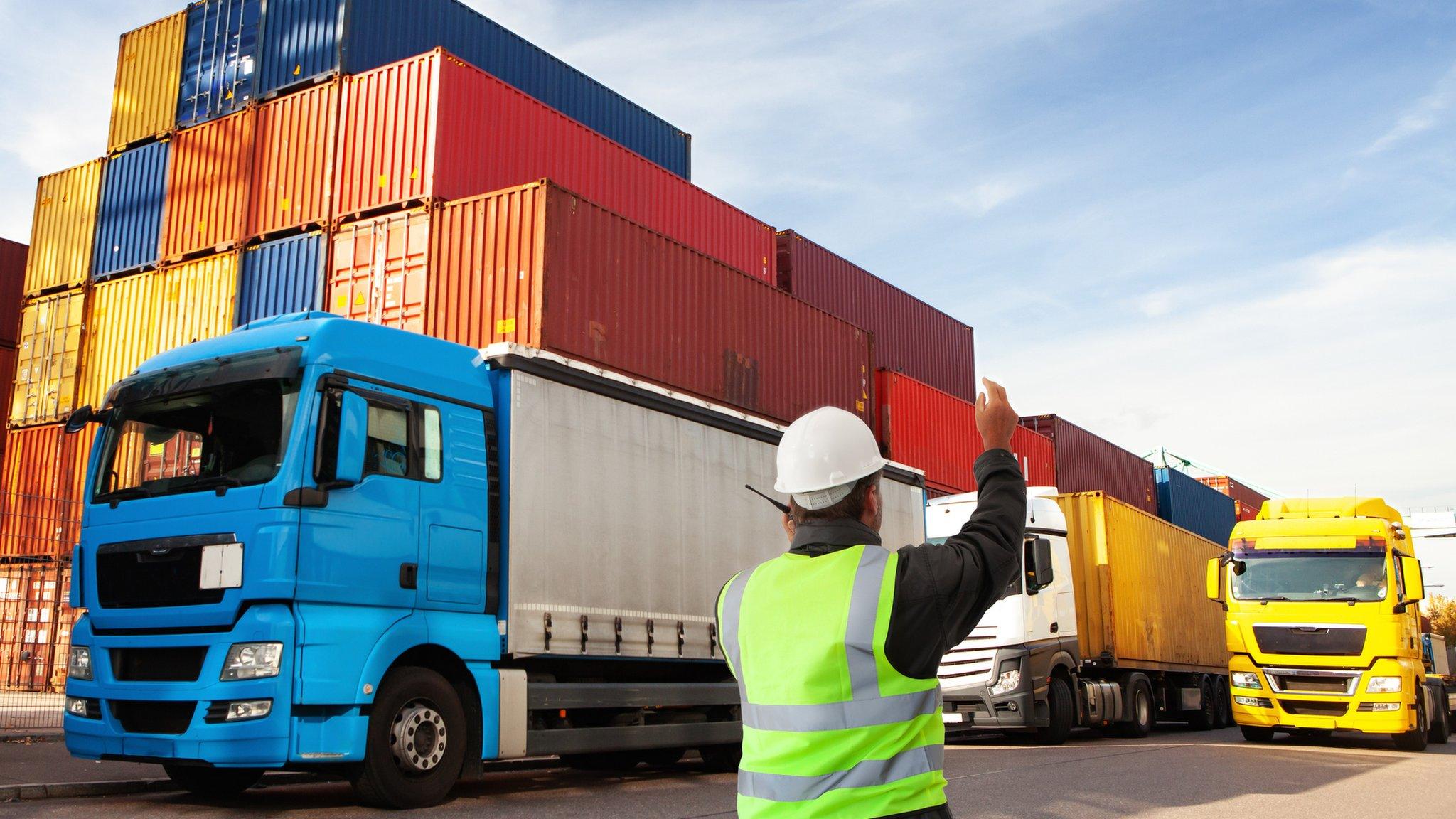
- Published6 June 2022
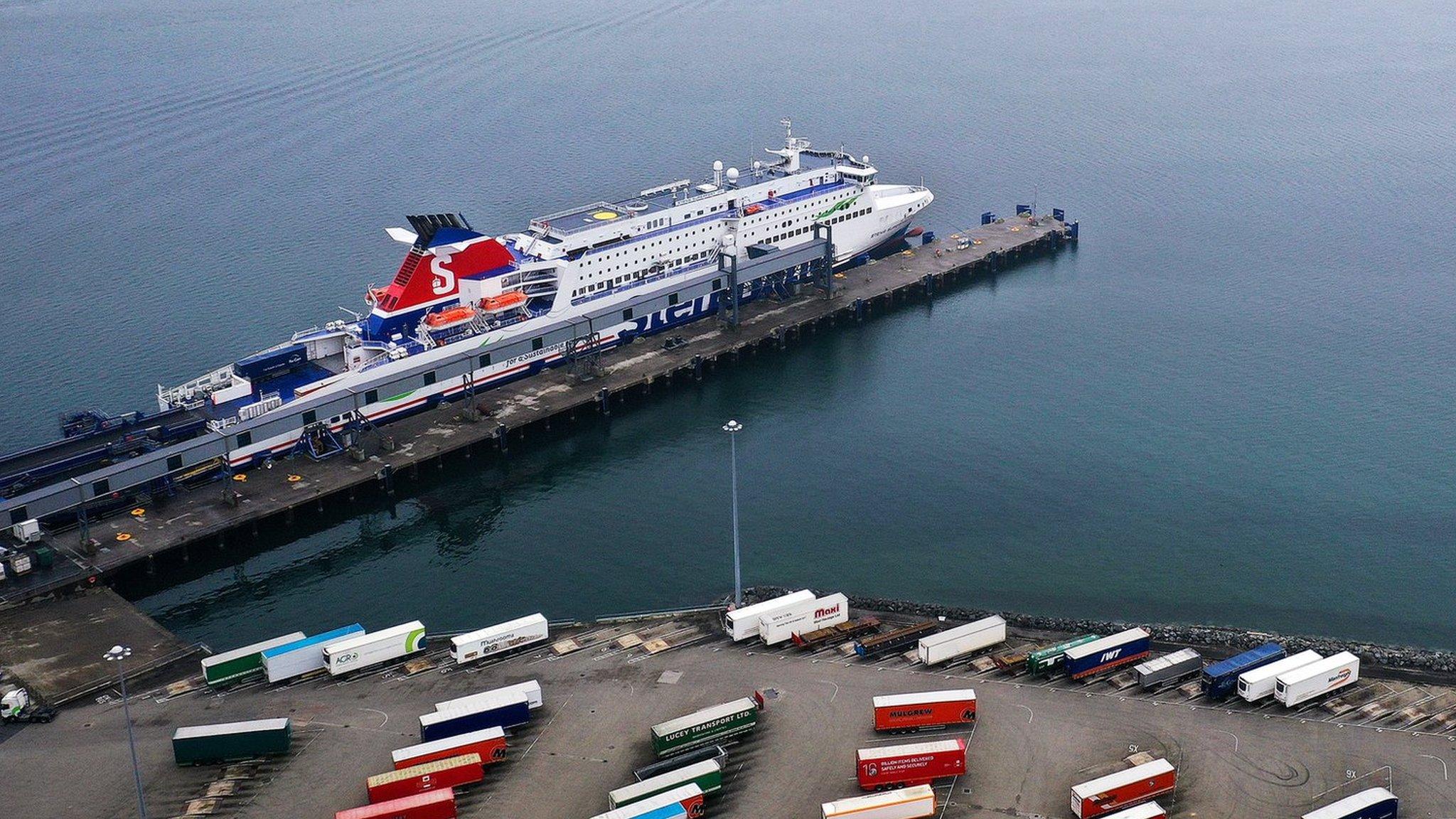
- Published22 March 2023
